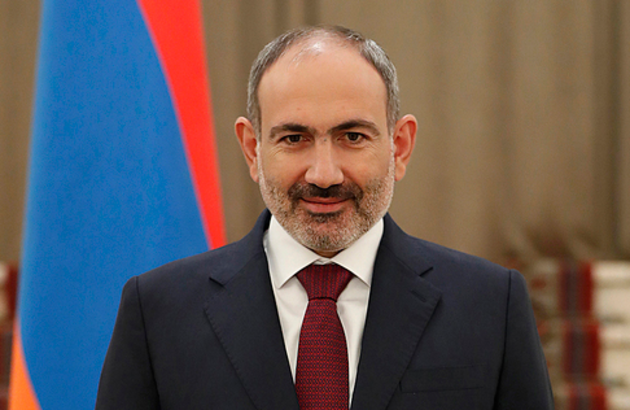The recent press conference of Armenian Prime Minister Nikol Pashinyan left a mixed impression. At first glance, it is not entirely clear why it should have been convened right now, given that the last press conference of the Armenian leader took place quite recently, at the end of December 2021. Since then, there have been no particularly significant events in the domestic and foreign policy of Armenia, except for the resignation of President Armen Sarkissian, who already did nothing.
But after all, the Prime Minister of Armenia became aware of this resignation after the announcement of his press conference - that is, the reason for the meeting with journalists was different. In our opinion, the real background of the press conference was the emerging positive trends in the normalization of Armenian-Turkish relations, so Pashinyan's online meeting with media representatives was arranged precisely with the aim of voicing positive signals to Ankara.
In this sense, Pashinyan's answer to the question of whether Armenia has abandoned "Hay Dat" - the so-called "Armenian issue" - was quite remarkable. It should be noted that this concept implies the creation of an Armenian state in the "historical homeland" and automatically implies the advancement of territorial claims against Turkey, Azerbaijan, Georgia and other neighboring states. Pashinyan was openly asked whether Yerevan had frozen the pan-Armenian agenda, fulfilling Turkish preconditions, and whether Armenia was ready to recognize the territorial integrity of Turkey, the borders established by the Treaty of Kars. As it turned out, in response, the Armenian Prime Minister noted that the Republic of Armenia had never pursued the "Hay Dat" policy. "Armenia has never questioned the Armenian-Turkish border. You will not find a single Armenian leader or government that would question the Armenian-Turkish border, and we will not abandon this policy," he said, adding that "the driving force behind the recognition of the "genocide" of Armenians has always been the Diaspora and Diaspora organizations."
Thus, the Prime Minister of Armenia actually confirmed the renunciation of territorial claims against Turkey, and also "accidentally" withdrew his state from the discourse on "genocide", skillfully shifting all responsibility on this topic to the Armenian diaspora. It is likely that such sentiments in the Armenian power corridors explain the recent sharp cooling of relations between Yerevan and the Diaspora (see "Dashnaktsutyun" wants to disrupt peacekeeping initiatives).
The fact that Nikol Pashinyan has publicly distanced himself from territorial claims against Turkey is a step as expected as it is pragmatic. However, this was not always the case. It should be reminded that that two years ago, on August 10, 2020, speaking at a conference dedicated to the 100th anniversary of the Treaty of Sevres, Pashinyan made statements of a completely different direction: "Our duty is to remember it (the Treaty of Sevres - ed.), to understand and preserve its sacred meaning". Leet us remind you that under the terms of the Treaty of Sevres, Armenia received access to the Black Sea, and its territory was 150,000 square kilometers. The treaty never entered into force and ceased to operate after the Lausanne Conference of 1923 and the signing of the Lausanne Peace Treaty.
That is, two years ago, Nikol Pashinyan spoke about the "sacred meaning" of the Treaty of Sevres, in fact openly speaking in favor of territorial claims against modern Turkey. It was not for nothing that official Ankara then expressed a strong protest because of the statements of the Armenian prime minister and other politicians of the country. Today, as a result of the 44-day Karabakh war and new regional realities, the tone of Pashinyan’s statements on the Turkish issue has changed dramatically. However, Ankara certainly remembers Nikola Pashinyan’s mood swings on all key issues of Armenian foreign policy. Thus, it can be assumed that Turkey, in its negotiations with Armenia, will insist on fixing the renunciation of Armenia's claims against itself not only verbally, but also on paper.






